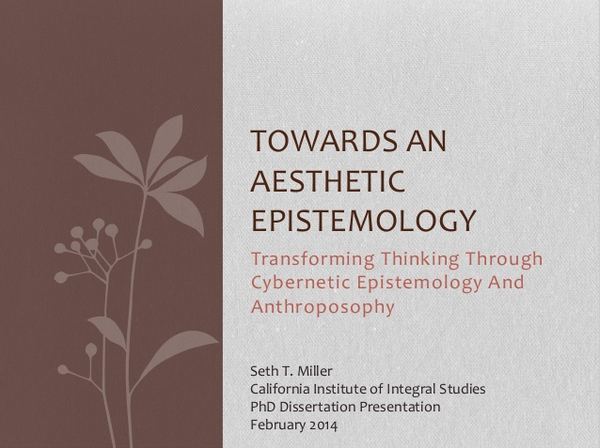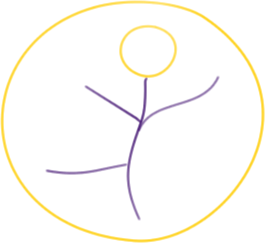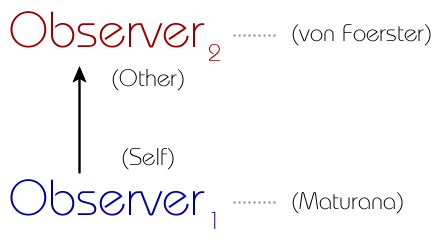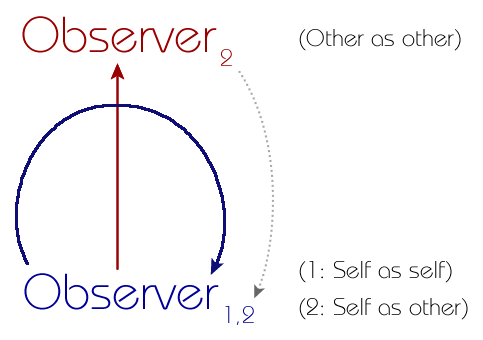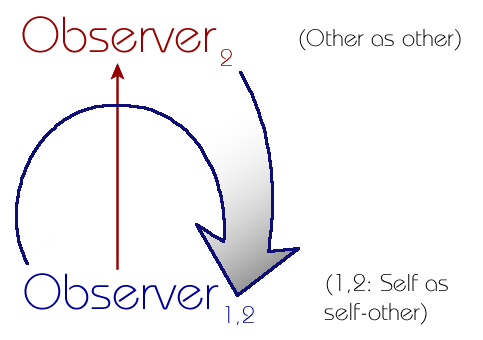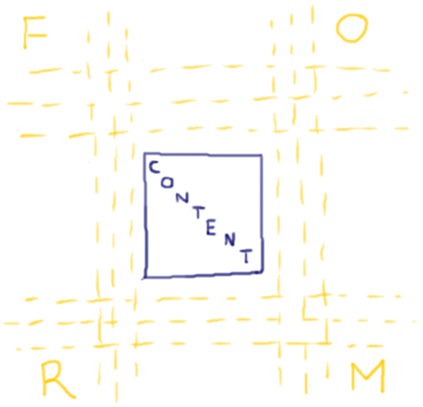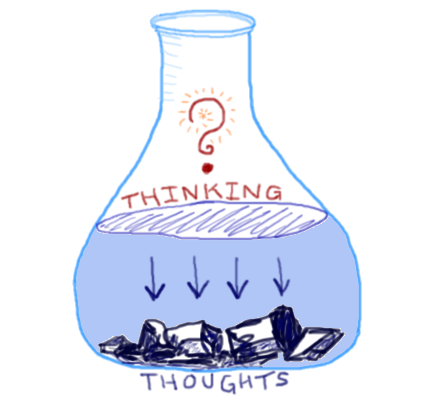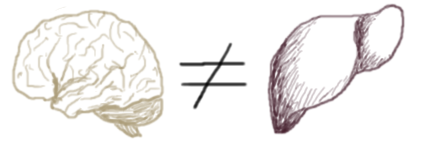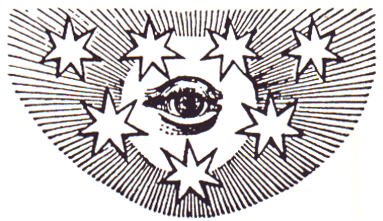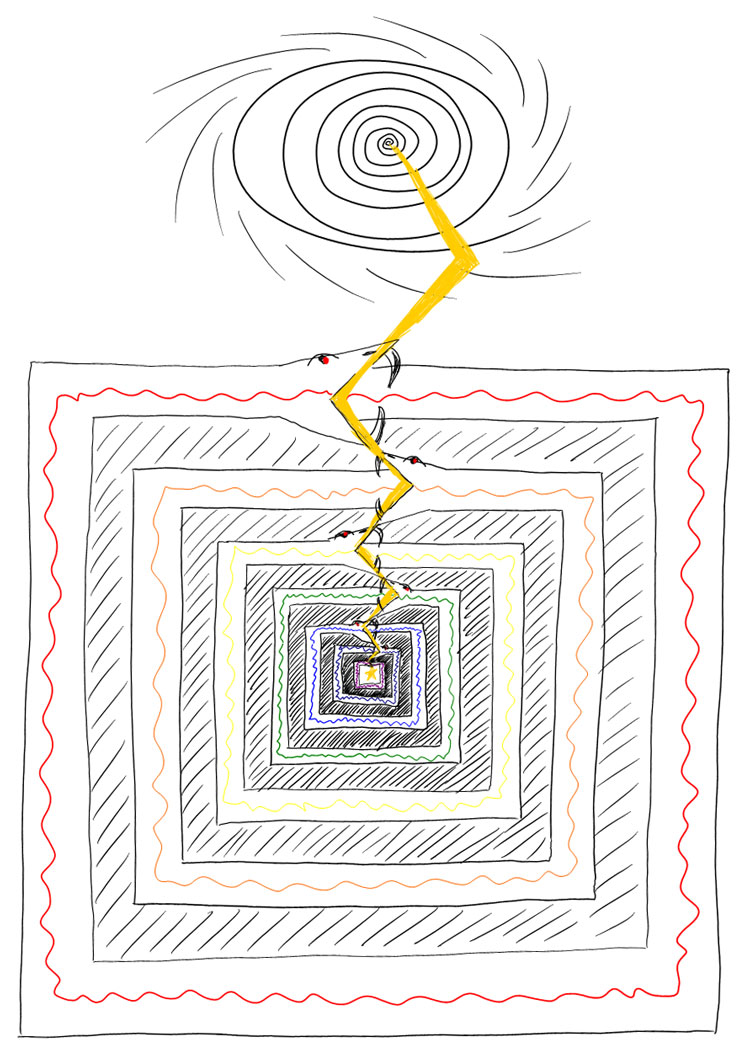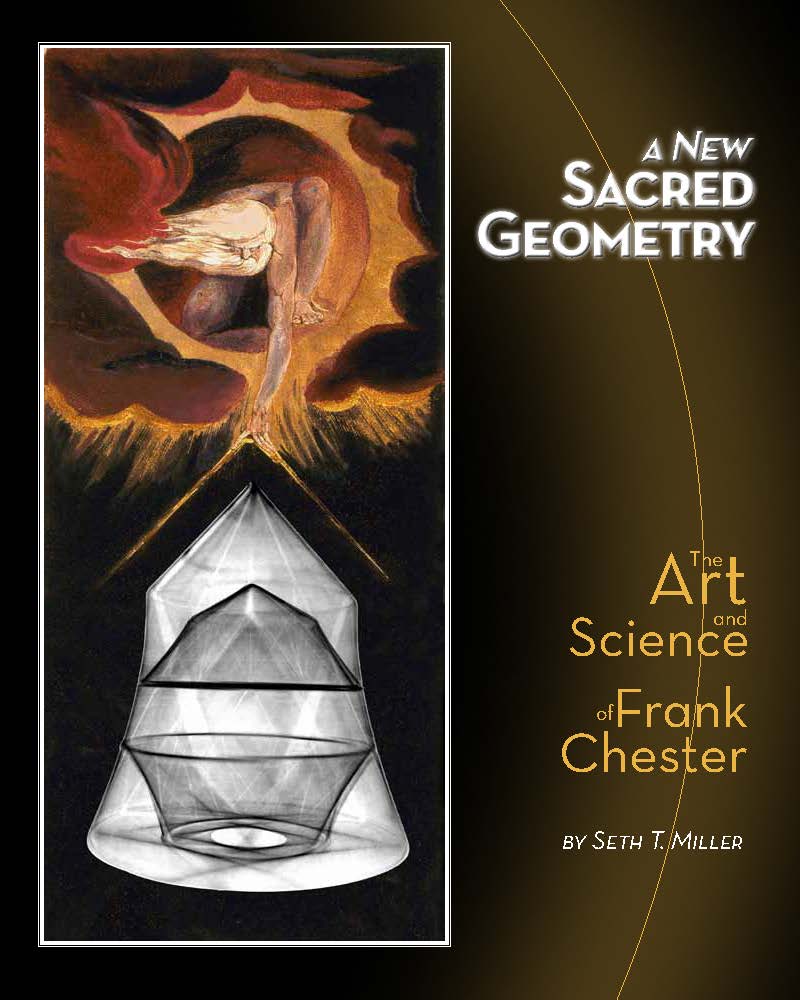Feb
13
2014
In February 2014 I successfully defended my PhD dissertation, titled "Toward an Aesthetic Epistemology: Transforming Thinking through Cybernetic Epistemology and Anthroposophy."
The following is the abstract and a slideshow presentation that pulls out the crux of my arguments.
Abstract
The complexity, subtlety, interlinking, and scale of many problems faced individually and collectively in today’s rapidly changing world...
Jun
24
2012
Gregory Bateson (1991) famously said that we “cannot claim to have no epistemology. Those who so claim have nothing but a bad epistemology” (p. 178). Bateson is calling for self-reflection in our epistemology. He wants it to be recursive, so that in our production of knowledge we do not delude ourselves into thinking that...
Apr
15
2012
All epistemologies are observer-dependent; i.e. there is no single epistemology that applies to all possible observers, because every observer is unique in some way. The necessary inclusion of the observer in any description of the world is a deeply obvious and yet profound principle. It was neatly expressed in Heinz von Foerster’s article Cybernetics...
Jan
12
2012
Form and Content
Understanding change is a very difficult task. No aspect of our world, either experienced outwardly through our senses or inwardly through our feelings and thoughts, seems exempt from the paradoxical rule that the only constant is change. It is possible to examine the way change occurs at many levels. At the “lowest”...
Aug
16
2011
(New readers will want to start with the first installment.)
Let us continue our beginning:
LoF p. 1
We take as given the idea of distinction and the idea of indication, and that we cannot make an indication without drawing a distinction. We take, therefore, the form of distinction for the form.
If this doesn't strike you as having a "mystical"...
Apr
18
2011
Every moment of transformation enacts an epistemology. Part of what it means to be human is to have the potential to awaken to this fact, and more: to recognize that the recognition of the inescapable relation between action and epistemology leads to the unfolding of a life-long quest and question: how do I know?...
Mar
29
2009
Every conversation can lead to conversion; to a new context, a different way of perceiving, a step out of habitual patterns of thinking that we unknowingly carry with us or alternately identify as self. As one who attempts to live with Morin's "new way of thinking", one is never converted; one can only be...
Mar
12
2009
We are ecologies within ecologies within ecologies. Complex processes, such as inflammatory responses, span multiple systems as multivalent expressions of dynamic self organization. Within constant interlaced boundaries provided by the dual and complementary forces of growth and decay, life becomes possible; we become possible. Interactivity, specialization, contextual adaptation, flexibility, utilization of 'randomness' and dynamic...
Jan
30
2009
So then to begin in the middle I have many questions:
What constitutes an observer? How do we think about what an observer is/does? Is it as simply complex as the recursive: “An observer creates distinctions; distinctions create observers.”?
What is a distinction? In order for it to occur, does it require...


